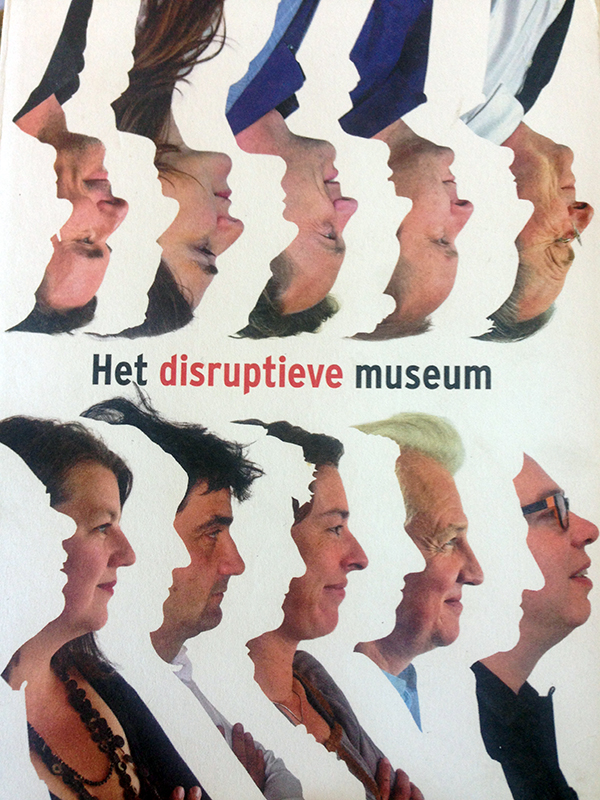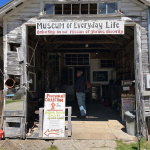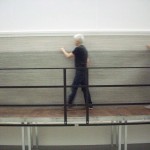On the road north from NY we came across this charming little museum - the…
We, the museum
By chance I came across a book I very much needed to read – the disruptive museum, by Arnoud Odding. Who studied museology and art history in Leiden, and has worked for – amongst others – Artis, the National Glass Museum Leerdam and Rijksmuseum Twenthe.
Fort his book he interviewed fifteen people connected to Dutch museums about the question of how to be a museum in this day and age – the age of the Internet, the age of the network, the age of communities and consumer power.
A museum once had an unassailable position as a repository of things the Nation wanted preserved – and apparently the Dutch Nation wanted a lot of things preserved, given the fact that we have more musea per capita than anywhere else on earth. Musea granted the public access to those things and gave it explanations about those things. Musea also helped Dutch people feel their Dutchness – giving them a view on the past or a view on the others or a view on the artists that people can buy into. Museums were state-funded, and experts held jobs there for life. This situation has changed drastically – the funding, the position of the expert, the way people construct meaning and measure value.
One quote (page 75, 76 , my translation): The idea that ‘understanding’ and ‘knowledge’ mean that one must go deep into matters we study, until we find its essence, is a nice idea that is dying out. In its place comes the instinctive conviction that the essence of things is not a point but a trajectory, that it isn’t hidden in the deapths but scattered around the surface, that it isn ‘t hidden in the thing itself but branches off its surface, where things actually begin, that is to say: everywhere. In a landscape such as this the act of ‘knowing’ must be something that is connected to the way human knowledge can be traversed, where disrupted paths we call ideas, facts or persons are reconstructed again and again. In the world of the Internet, they gave this act an exact name: ‘surfing’ (emerged in 1993, borrowed from those people conquering the waves on boards). Do you see the lightness of a brain balancing on foaming waves?
Lovely thoughts about museums as nodes in a network that can be traversed by anyone with a desire to know or a curiosity to find out. Experts are no longer guardians or schoolmasters, but guides on a path travelled by many. And yes, this is a revolution: We, the museum.

| « Unpenetrable | <-- previous post | next post --> | Liberating » |
|---|







